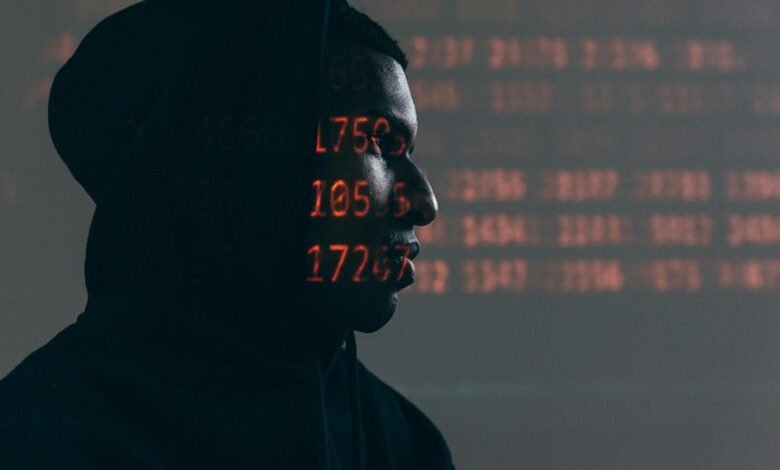Ufagola289: a Digital Profile Unveiled

Ufagola289 serves as a fascinating case study in digital identity. It exemplifies how online platforms can foster authentic self-expression while simultaneously presenting challenges such as anonymity and accountability. Users navigate this intricate landscape, crafting unique personas that reflect their true selves. However, the implications of these digital identities extend beyond personal exploration, raising questions about their impact on community dynamics. What consequences arise when anonymity blurs the lines of reality and representation?
The Origins of Ufagola289
The origins of Ufagola289 can be traced back to a convergence of technological innovation and cultural expression that emerged in the early 21st century.
This platform revolutionized digital identity, providing users with a space to explore online anonymity. As individuals sought refuge from surveillance and control, Ufagola289 facilitated a new paradigm, empowering users to craft authentic personas while embracing the liberating potential of the digital age.
Content and Engagement: What Makes Ufagola289 Unique
While many digital platforms prioritize superficial interactions, Ufagola289 distinguishes itself through a rich tapestry of user-generated content and meaningful engagement.
This unique approach fosters authentic audience interaction, enabling users to express creativity and share diverse perspectives.
The Impact of Digital Personas on Online Communities
As users navigate the digital landscape, the personas they create significantly shape the dynamics of online communities.
These digital identities influence online interactions, fostering connections or breeding discord. The multifaceted nature of these personas allows for freedom of expression, yet may also lead to misrepresentation.
Ultimately, the impact of digital personas remains profound, shaping not only individual experiences but the collective essence of virtual spaces.
Conclusion
In conclusion, Ufagola289 stands as a testament to the duality of the digital age, where anonymity cultivates creativity while authenticity fosters connection. It invites users to explore their identities, to engage in meaningful interactions, and to navigate the complexities of self-representation. Yet, it simultaneously challenges them to uphold accountability, to confront misrepresentation, and to embrace the responsibility that comes with freedom. Thus, Ufagola289 exemplifies both the promise and the peril of crafting one's digital narrative.




